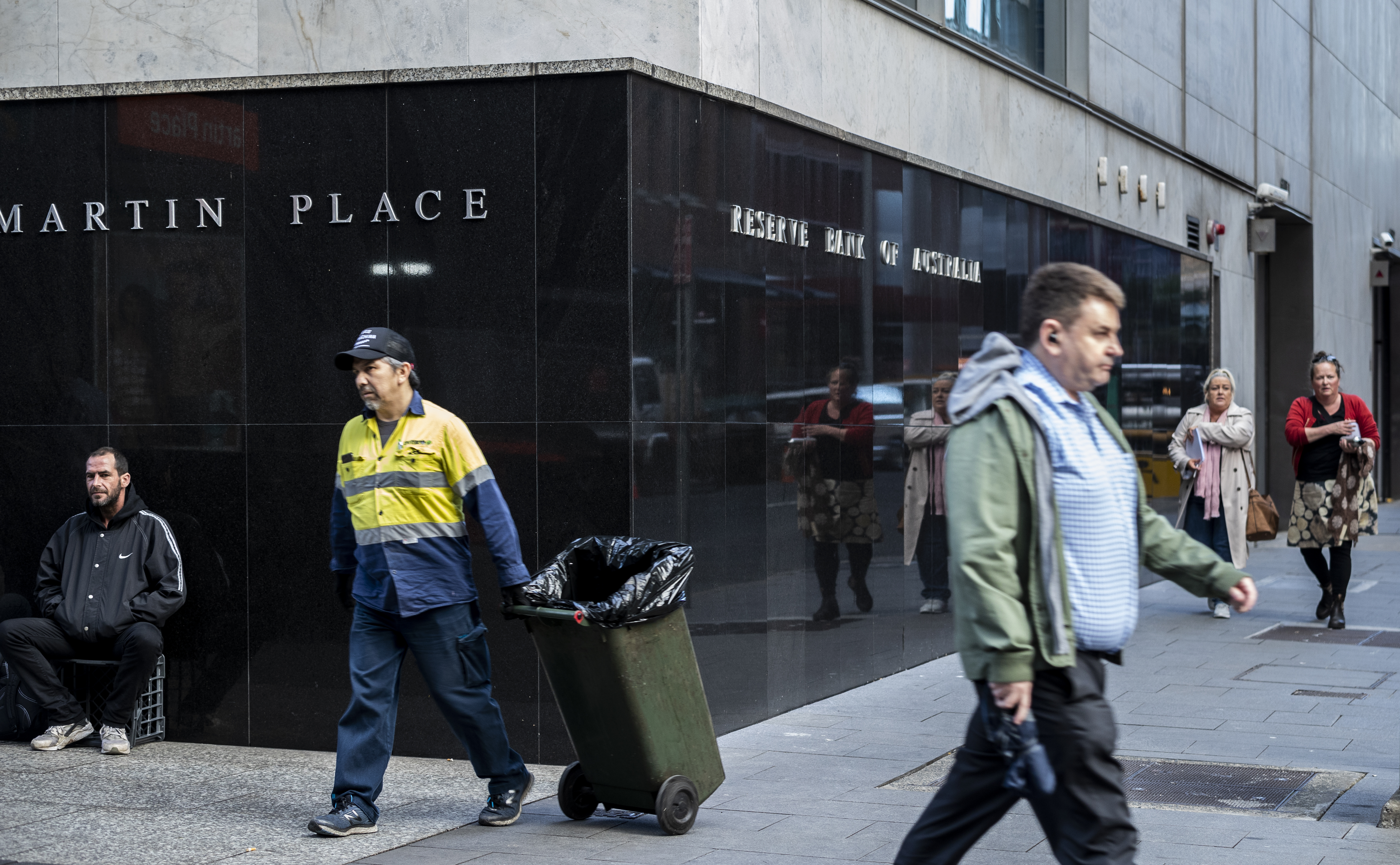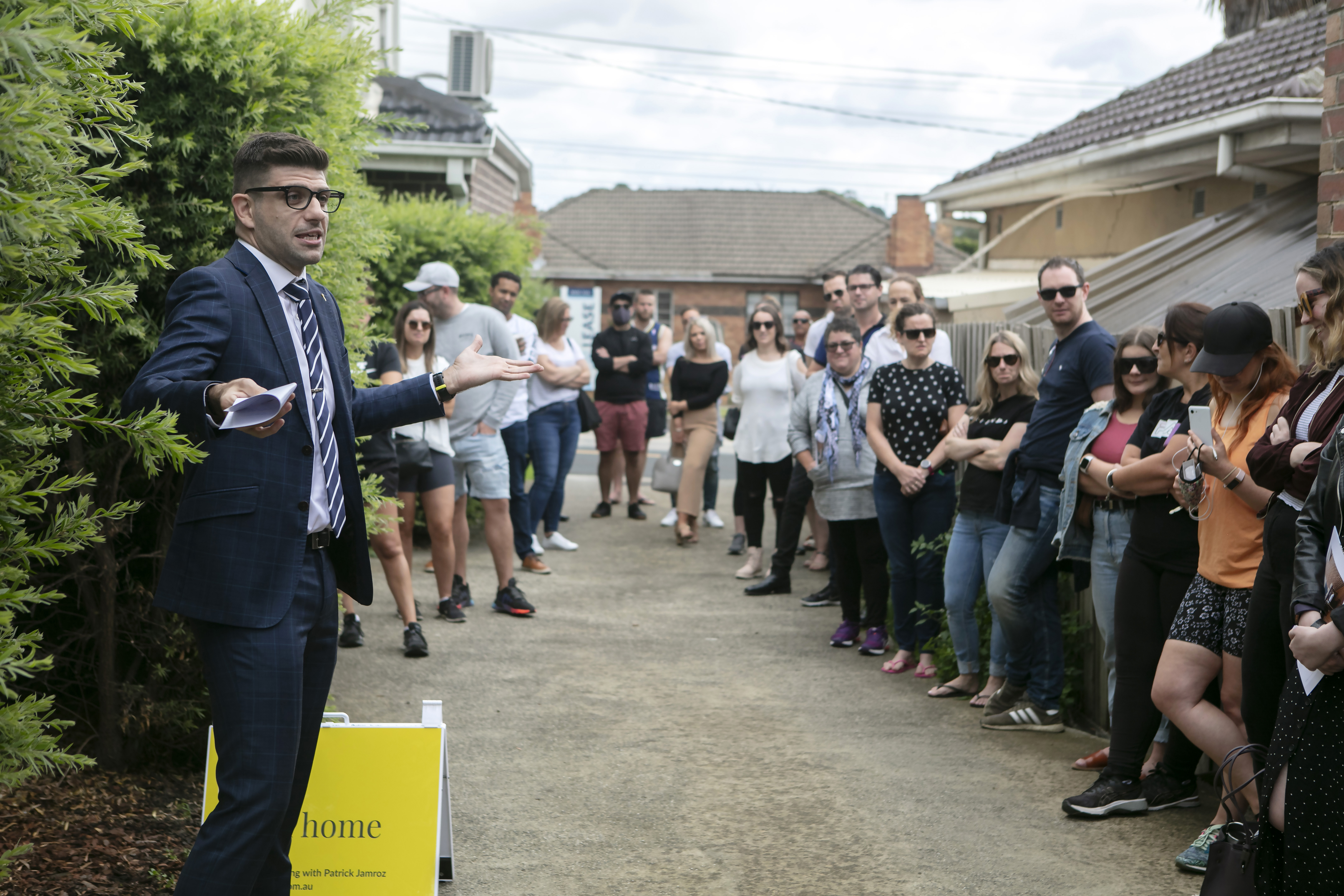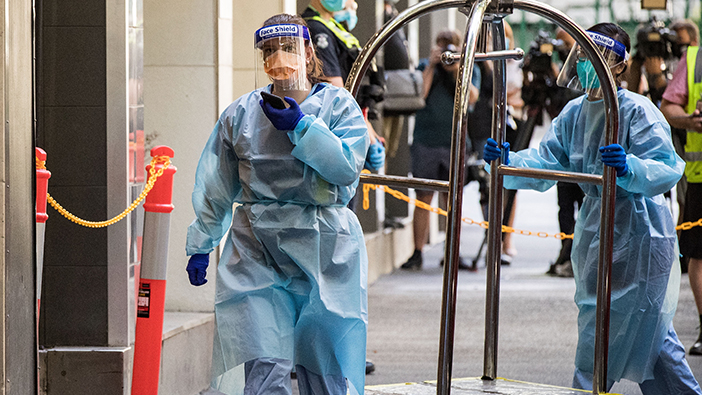Australia's interest rates will remain at the historic low level of 0.10 per cent despite surging property prices and a recovering economy in the wake of COVID-19.
The Reserve Bank of Australia (RBA) met this afternoon, with the nation's top economists deciding to hold their hand on adjusting the rate in line with their three-year forecast.
Last year marked a near-unheralded year for the RBA, which cut the nation's cash rate three times in response to fears that COVID-19 restrictions would crush property prices.
READ MORE: The 'perfect storm' driving up Aussie house prices

The opposite is now occurring, with February 2021 signalling the biggest increase in the national house price in 17 years.
RBA Governor Philip Lowe remarked that today's decision was made with property prices considered as a factor.
"Lending rates for most borrowers are at record lows and housing prices across Australia have increased recently," Mr Lowe said.
"Housing credit growth to owner-occupiers has picked up, but investor and business credit growth remain weak.
"Lending standards remain sound and it is important that they remain so in an environment of rising housing prices and low interest rates."
READ MORE: Businesses hit by Victoria's snap lockdown given $143 million support package

Many experts are ascribing the record low-interest rates as one of the deciding factors in a "perfect storm" of economic conditions that are driving up housing demand.
Several other data sets are showing general recovery in the Australian economy.
The nation's unemployment rate has dropped to 6.6 per cent as 30,000 more Australians found work in the wake of the COVID-19 pandemic.
Job vacancies now surpass pre-COVID levels as employers search for workers due to increased revenue.
READ MORE: Bitcoin has hit a fresh historic high. Here's why experts believe it will grow more

Shane Oliver, Chief Economist at AMP, believes a lift in interest rates is still "a long way away".
"While the economy has recovered faster than expected, the RBA is still a long way away from meeting its inflation and employment goals so a rate hike is still a long way away," Mr Oliver said.
"That said the faster than expected recovery will likely see the first hike occur earlier than the RBA's expectation of no increase before 2024. It could come late next year or early 2023."
The information provided on this website is general in nature only and does not constitute personal financial advice. The information has been prepared without taking into account your personal objectives, financial situation or needs. Before acting on any information on this website you should consider the appropriateness of the information having regard to your objectives, financial situation and needs.
from 9News https://ift.tt/37Y3P2I
via IFTTT


0 Comments